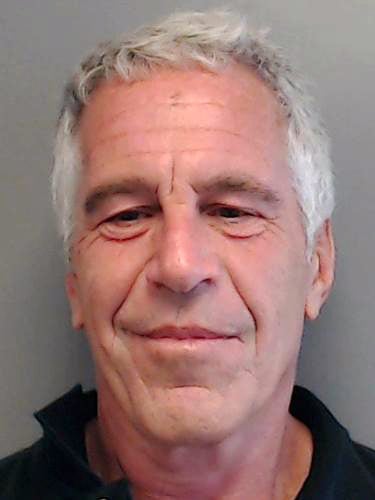A federal source told CBS News that the so-called “missing minute” in the jail video from the Manhattan Metropolitan Correctional Center, where Jeffrey Epstein died in 2019, may never have been missing.
When the Department of Justice and FBI released nearly 11 hours of surveillance video earlier this month, viewers noticed a time‑stamp jump just before midnight, from 11:58:58 p.m. directly to 12:00:00 a.m. This prompted widespread speculation that footage was deliberately withheld, raising suspicions surrounding the billionaire sex trafficker’s true cause of death.
However, in a report published on Tuesday, a government source claims that investigators, including the FBI, the Bureau of Prisons, and the DOJ Inspector General, have a copy of the footage that includes the intact time interval.
The DOJ and FBI had publicly described the released surveillance as the “full raw” recording from the Special Housing Unit where Epstein was held. Anyone attempting to enter the tier would have been captured on video, officials say.
What remains unclear is why part of the footage was missing from the FBI’s release, even though officials described it as unedited. Officials added that the recording came from the the only functioning camera in the unit and cited it as key evidence supporting the conclusion that Epstein died by suicide.
Attorney General Pam Bondi previously explained the timestamp gap as a result of an outdated system reset, typical of the prison’s “1999” recording infrastructure, which she said caused a one‑minute lapse every night. However, surveillance experts interviewed by CBS News described such nightly resets as highly unusual in modern systems.
Video forensic analyst Jim Stafford told the outlet that metadata showed the footage was created on May 23 and appeared to be a screen capture rather than a direct export of the raw file. He also found that the video was actually two separate clips stitched together and slightly sped up, with 11 hours of footage condensed into about 10 hours and 53 minutes.
Republican lawmakers, including House Speaker Mike Johnson and Rep. Thomas Massie, are pushing for broader access, deepening GOP divisions over whether records should be unsealed.

Internally, tensions have risen within the administration, with FBI Deputy Director Dan Bongino reportedly clashing with Bondi over the files, and even considering resigning in protest.
Despite DOJ denials of a "client list" or foul play, the controversy over the edited surveillance video has intensified public skepticism and calls for accountability.
The Independent has contacted the FBI and Justice Department for comment.







